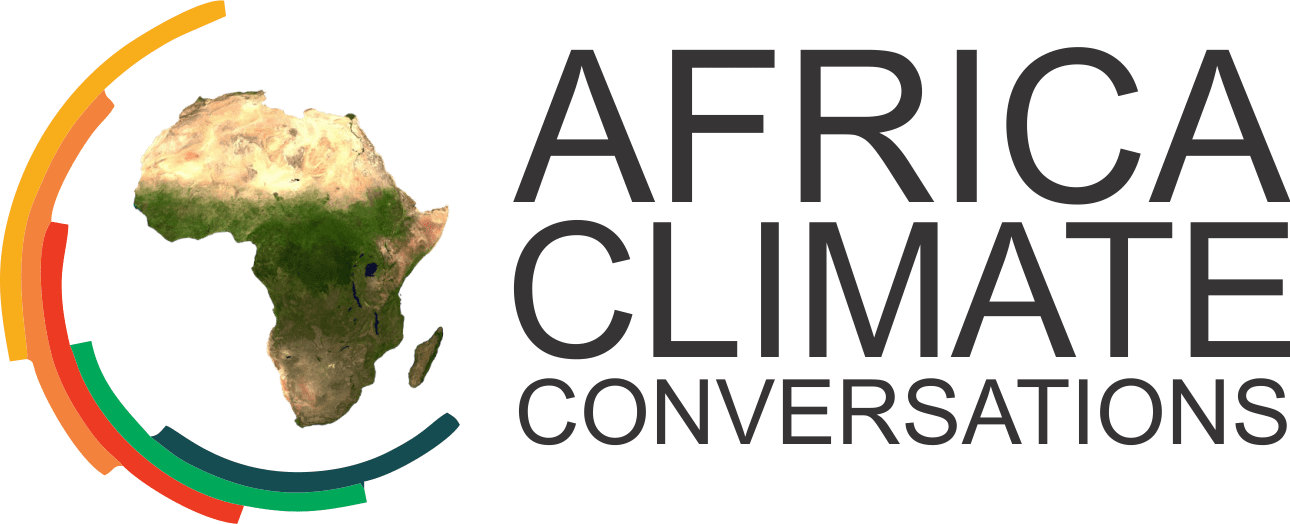
Africa representing over 17 percent of the world population, is responsible for less than four percent of global emissions. But the continent has significant assets in terms of carbon sinks. Jean-Paul Adam, the director for Technology, Climate Change, and Natural Resources at the UN Economic Commission for Africa (ECA), says the Congo basin alone accounts for three years’ worth of global emissions in its capacity to absorb carbon dioxide.
Africa’s agenda 2063 aims at industrialising the continent. But given the temperature rise globally, the continent has to develop but in a low carbon way. Hence, the continent might require some more time to transition from fossil fuel-based energy to low carbon pathways.
Why is investing in Africa critical for a green recovery now?
Listen to how Africa can build better given the Covid-19 and Climate Change twin challenge.
Finance is key to unlocking sustainable development. In Africa, climate change is about development and providing sustainable pathways for people to have viable livelihoods.
But, Adam says it costs African countries about five to six times more to borrow money for investment in a green recovery. How can nations raise funds to upscale the amount of money available to invest in their climate resilience? What opportunities exist through the African Continental Free Trade Area (AFCFTA) for sustainable value chains?
Last week on 13-17th September in Cabo Verde island, the UN Economic Commission for Africa (ECA) organised the Ninth Conference on Climate Change and Development in Africa (CCDA-IX), themed – towards a just transition that delivers jobs, prosperity and climate resilience in Africa – leveraging the green and blue economy.”
So, on this episode, Adam explains how Africa is financing her green and blue economy, why a just transition is critical when climate change and the COVID-19 pandemic are hard-hitting economies, and why investing in growing economies like Africa is key for global recovery.
